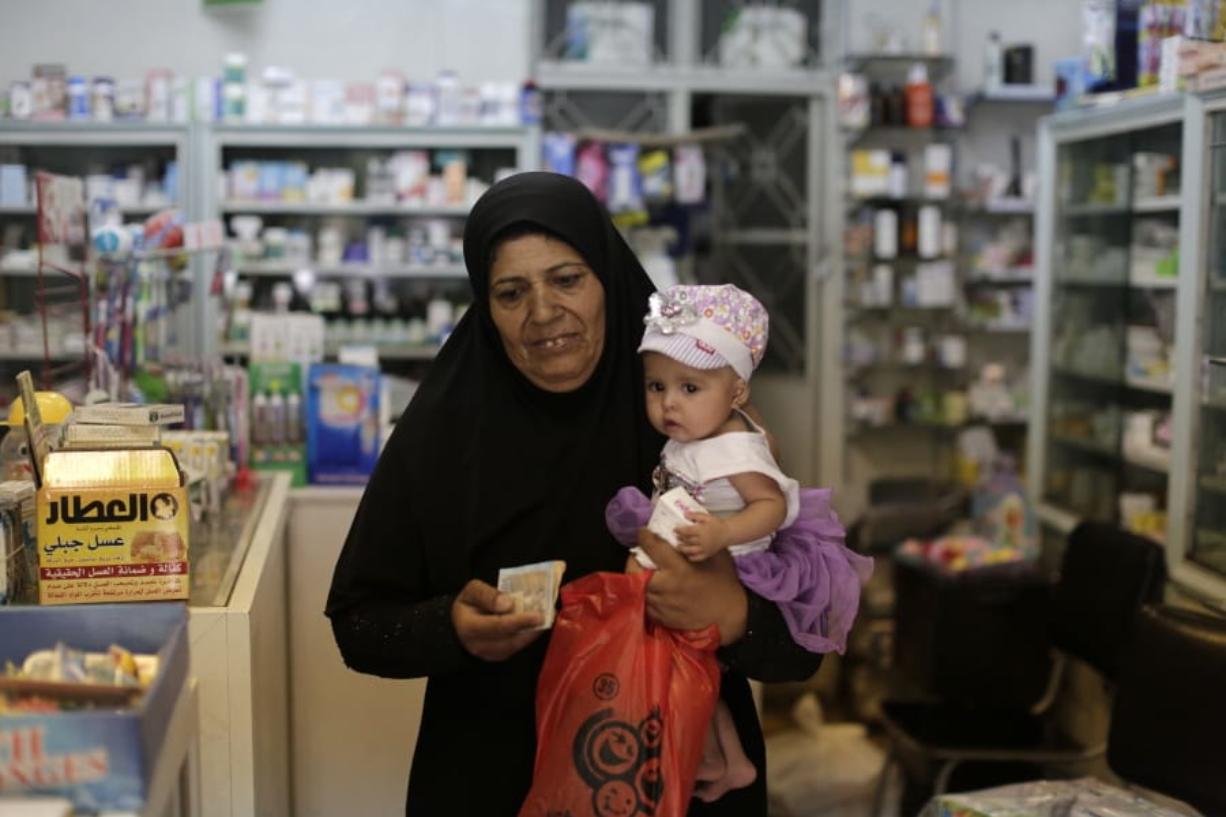The Minister of Trade of the Syrian regime government, Amr Salem, surprised everyone with his statements about the government’s intention to deprive “financially well-off” employees of the “smart card” and government subsidies for food and basic items.
This came after social media platforms were also buzzing with the leaked document issued by the Syrian regime government, concerning groups excluded from government support and access to subsidized materials supported under the “smart card”. This development sparked widespread controversy among citizens in the regime’s areas.
“Employees will not be denied subsidies unless studies prove that they are wealthy, whether through their inheritance or owning more than one house or car,” Salem said.
Read Also: Syria Regime to End Subsidies for Richest Citizens
“The decision is expected to be implemented early next year, and the increase in subsidized materials for eligible persons is being studied,” he said, claiming that “the aim is not to provide materials to the state, but to distribute it to those entitled in different ways.”
“A citizen who deserves support will not be affected now or in future, but rather his entitlements will increase, which is a sovereign and unanimous decision, not that of the Minister of Trade,” he claimed.
“Prices will not return to the way they were years ago because they rose globally, and resources are scarce. Identifying the groups eligible for support will significantly improve the purchasing power of the citizen,” Salem acknowledged.
It is worth mentioning according to the current decision regarding those “excluded from support” they are: major shareholders in companies, owners and founders of banks, owners of private schools, institutes and universities, exporters and importers, customs brokers, cafes and cafeterias, self-employed people registered with unions, specialist doctors and accountants who have been practicing their profession for more than 10 years, owners of private hospitals, owners of medical centers, laboratories, beauty centers and their shareholders, pharmacists who have been practicing the profession for more than 10 years, pharmacy investors, owners of real estate offices, goldsmiths, car sales and rental offices, transport companies, shipping companies, owners and investors of private gas stations and private bakeries, holders of the Fumé card (tinted car windows permission card), expatriates who left more than a year ago, workers in embassies, international organizations, foreign and Arab companies and the like, owners and investors of driving teaching centers, owners of technical examination centers for cars, owners of more than one house in the governorate, owners of real estate from the highest segment according to the real estate division.
This article was translated and edited by The Syrian Observer. The Syrian Observer has not verified the content of this story. Responsibility for the information and views set out in this article lies entirely with the author.


